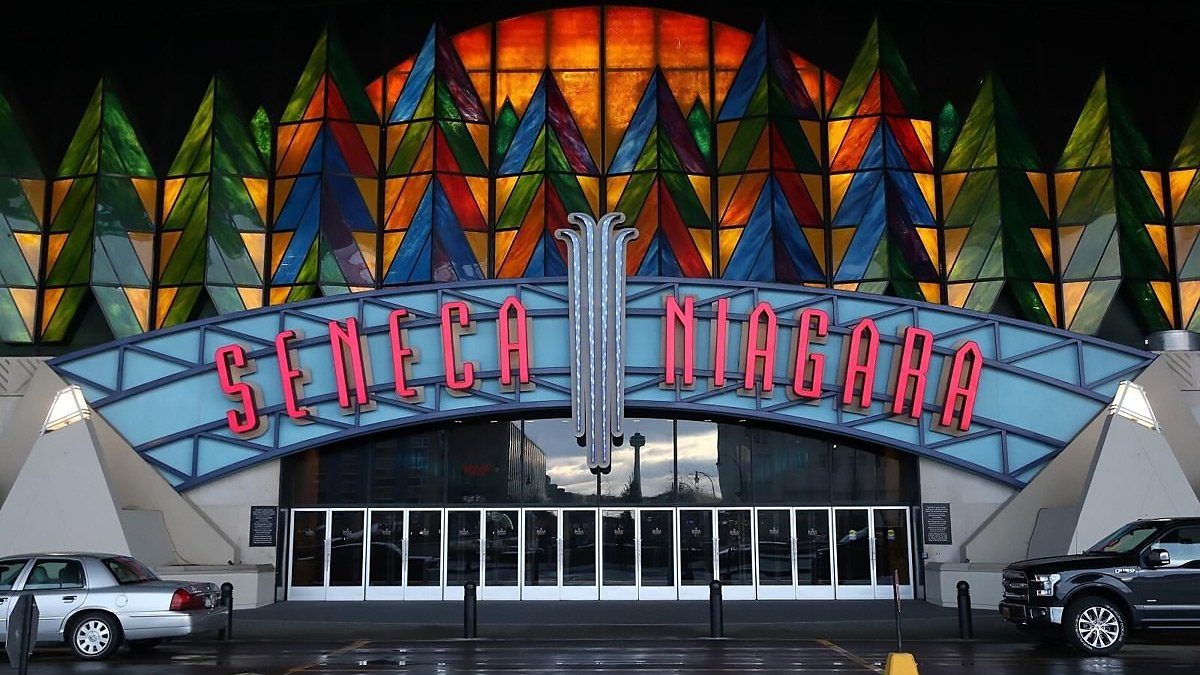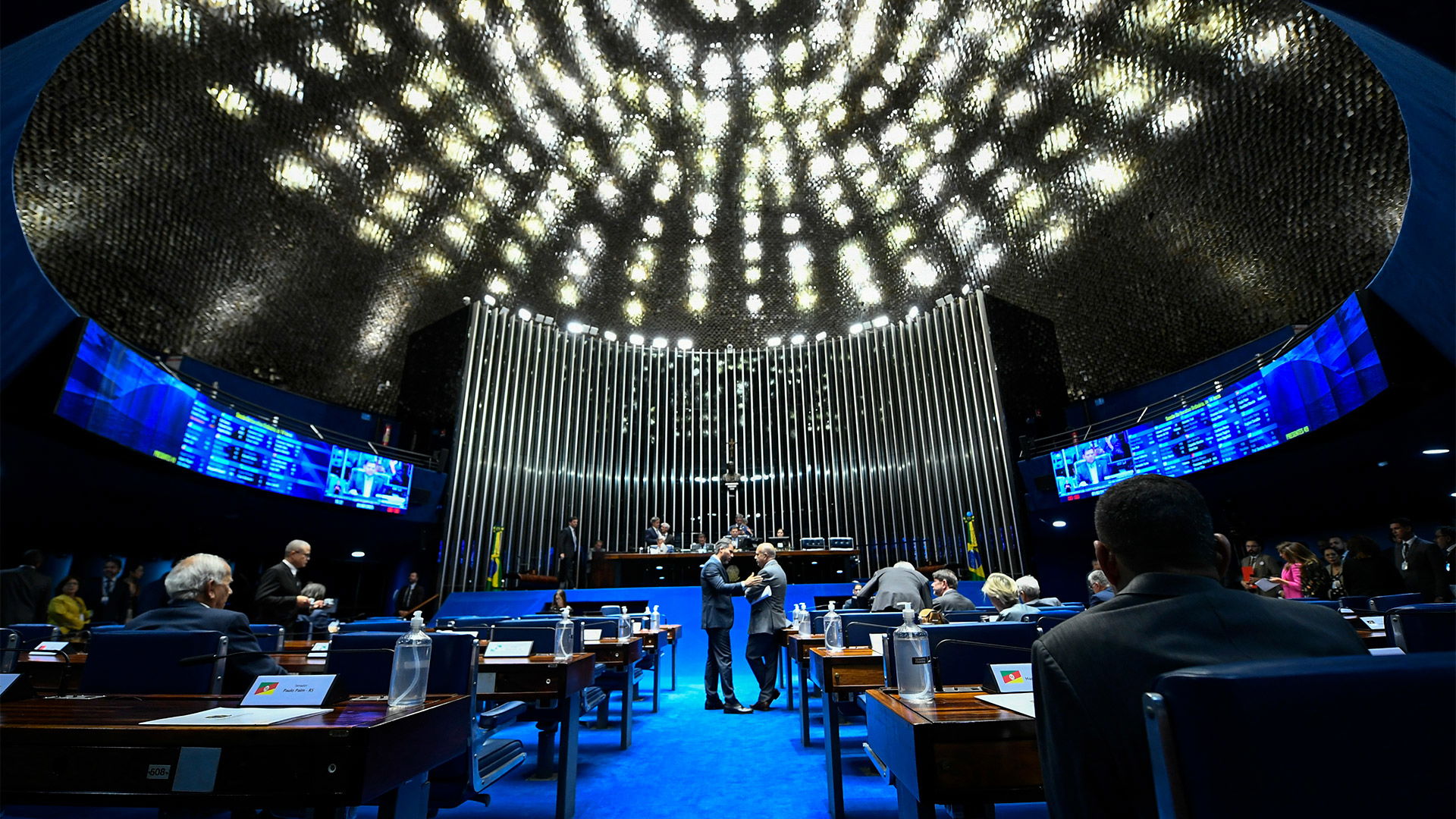Washington tribes are state's 7th largest employer and generate $6.6B, WIGA-backed study finds

The Washington Indian Gaming Association (WIGA) released on Tuesday a new study that finds the state's tribes contribute $6.6 billion in gross state product in pre-pandemic 2019 while generating nearly 55,000 jobs across the state, thus becoming the seventh largest employer. The findings come ss the Western District of Washington readies to review a lawsuit by cardroom operator Maverick Gaming accusing officials of allowing Native American tribes to hold a decades-old monopoly on gambling rights.
The information in the report was compiled by Harvard-trained economist Jonathan B. Taylor of the Taylor Policy Group, a national expert on tribal economies.
“Tribes are running gaming and other businesses not to generate private profits, but to fund critically needed government services for some of the poorest and most historically marginalized communities in Washington State,” said Rebecca George, Executive Director of WIGA and an enrolled member of the Port Gamble S’Klallam Tribe. “Our commitment to responsible gaming activities along with a diverse array of economic development efforts led by tribes is both restoring tribal self-reliance and boosting our overall state economy.”
Jonathan B. Taylor of the Taylor Policy Group.
Taylor’s analysis shows that overall, in addition to the $6.6 billion in gross state product, Washington State’s 29 tribal governments generate $1.5 billion in direct wages and benefits, and tribal economic activity accounts for $1.2 billion in state and local taxes. Tribes directly employ 37,371 people across the state, and 54,000 total jobs can be traced back to tribes. This makes Washington tribes, collectively, the state’s seventh largest employer. Of those jobs, 72 percent are held by non-tribal members.
These total demonstrate the significant growth of tribal economic activity. A 2004 analysis of tribal economic contributions in Washington found that the tribal economic impact at the time was $2 billion, and tribes directly employed about 13,000 people.
The legalization of sports betting on all of the state's federally recognized Native American Tribes in Washington came in March 2020, after Gov. Jay Inslee signed the bill into law.
As for Maverick's lawsuit, U.S. District Judge Florence Y. Pan ruled last month that she she lacks personal jurisdiction over the state defendants and the case should have been filed in the Western District of Washington, which is where Maverick has alleged the actions took place. Maverick’s lawsuit challenges Washington Tribes’ exclusivity on a number of gaming activities, including sports betting.
Kirkland-based Maverick Gaming is a Washington gaming and entertainment company that operates 19 of the state’s 44 licensed cardrooms. The business alleges an application of the Indian Gaming Regulatory Act (IGRA) is being used inappropriately to give tribes a monopoly over sports betting, roulette and craps.
WIGA, a non-profit Indian gaming trade association representing federally recognized tribes in the state of Washington, celebrated the ruling, which it sees as siding against Maverick Gaming.
“State officials successfully argued that the public interest in Washington State, as well as the private interest of the state defendants, would be most harmed by the lawsuit, and therefore the case should be decided by a court based in their own locale,” said the association. WIGA describes Maverick’s lawsuit as seeking to undermine IGRA and challenging tribal sovereignty.

















